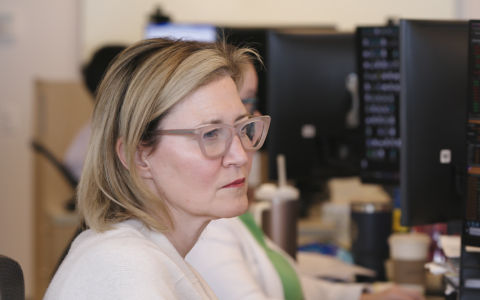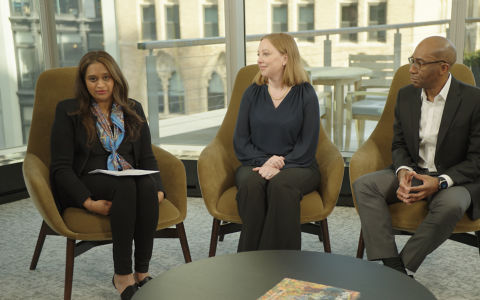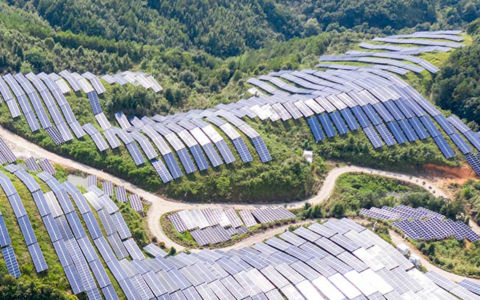In February, the Intergovernmental Panel on Climate Change (IPCC), a body of the United Nations, released its Sixth Assessment Report, “Impacts, Adaptation and Vulnerability.” While the full report is 3,675 page long, the Technical Summary is just 96 pages and well worth the read. In the Summary alone, climate adaptation is referenced 442 times, versus 60 for climate mitigation.
It’s clear to me that the IPCC is urging the world to both prepare for and spend more money on adapting to climate change. The report authors write, “Increasing adaptation is being observed in natural and human systems (very high confidence), yet the majority of climate risk management and adaptation currently being planned and implemented is incremental (high confidence).”
Other heavily covered topics in the report include biodiversity, food and water stability, health and disease, and the inequity of climate change. From the report, “Effective ecosystem conservation on approximately 30% to 50% of Earth’s land, freshwater, and ocean areas, including all remaining areas with a high degree of naturalness and ecosystem integrity, will help protect biodiversity, build ecosystem resilience and ensure essential ecosystem services (high confidence). Currently, roughly half of the world’s population are experiencing severe water scarcity for at least one month per year due to climatic and other factors (medium confidence).”
Given the frequent mentions of health and disease as climate-related concerns, it strikes me that the IPCC sees the COVID-19 pandemic as a lesson in how to move climate change into the everyday psyche by associating it very clearly with individual, personal risk. Clearly, however, the risks are unequally distributed. The IPCC emphasizes the range of human vulnerability and the importance of addressing climate change as part of the UN Sustainability Development Goals. Through our research with Woodwell Climate Research Center, we have also learned that climate change is not an equal foe but a bully that disproportionately picks on lower-income and otherwise more vulnerable populations.
Agency is key and, in my mind, must be more widely shared. Less vulnerable countries, including the US, have fewer reasons to act aggressively on climate change. This is unfortunate and short-sighted. While self-interest may trump global interest in the short run, in the long run, I believe people will recognize climate change as a shared challenge. Even if you were isolationist or thought in purely economic terms, it is difficult to ignore the connections: When a semiconductor supplier in Taiwan shutters its production for three months because of a local drought, that company’s climate problem quickly becomes the supply-chain problem for an automobile manufacturer in another part of the world.
Finally, the effects of climate change will be increasingly apparent (and tragic) on both a humanitarian and geopolitical risk level, with national security issues like military climate resiliency, water conflicts, and climate migration top of mind. We’ve just witnessed a global response to both a public health crisis and a war. Perhaps the world will also learn the importance of global coordination on climate change.


















